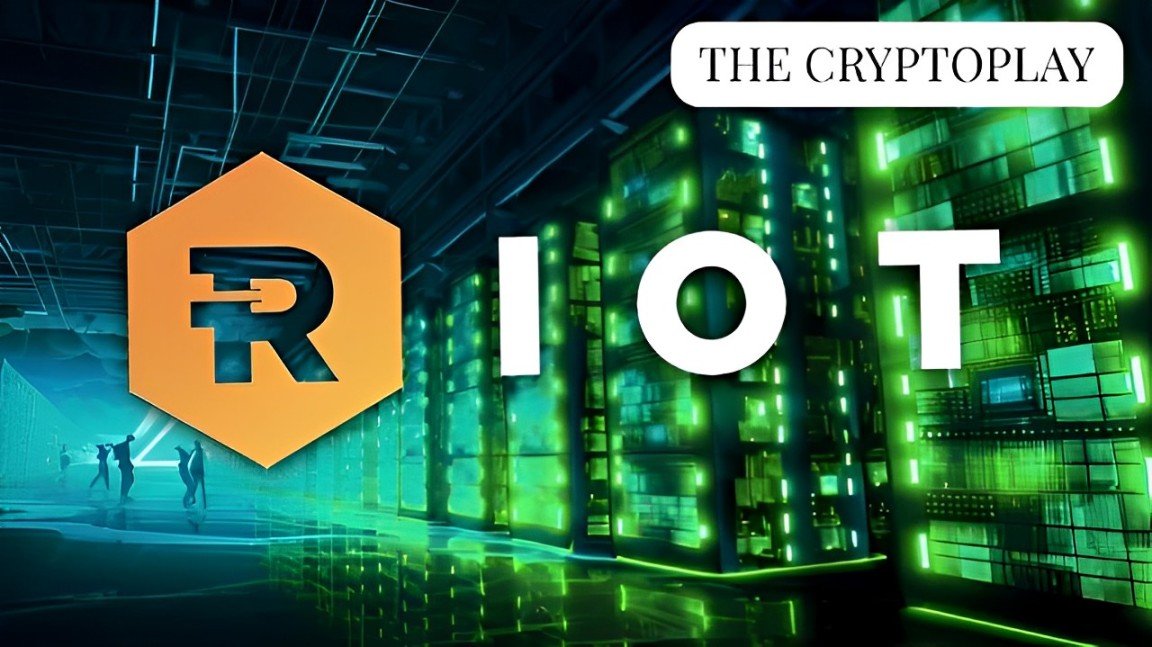EigenLayer is spearheading a revolutionary approach in decentralized finance (DeFi) with its concept of Intelligent DeFi, which utilizes offchain computation and data to enhance DeFi services in a verifiable and trustless manner.
Ethereum’s Impact on DeFi
Ethereum has played a pivotal role in the rise of DeFi, starting with the launch of Maker in December 2017, followed by platforms like Uniswap and Compound. This led to innovations such as concentrated liquidity, perpetual contracts, and flash loans, which are unique to DeFi and not possible in traditional finance.
However, Ethereum has faced some challenges. For instance, since The Merge, Automated Market Maker (AMM) Liquidity Providers (LPs) have experienced significant losses due to Miner Extractable Value (MEV). Additionally, derivative exchanges have centralized their risk management and order books, and Ethereum’s finite state machine limits the possibility of personalized loans.
The Case for Modular Architectures
These challenges are partly due to Ethereum’s limitations, including gas constraints, 12-second block times, and lack of native support for offchain data. Modular architectures address these issues by moving complex computations offchain and integrating external data without compromising Ethereum’s security.
Vitalik Buterin has suggested that coprocessors could be precompiles or opcodes. However, a more comprehensive solution is required—coprocessors that manage resource-intensive tasks while maintaining verifiability.
Actively Validated Services (AVSs)
EigenLayer introduces Actively Validated Services (AVSs), which are decentralized networks of economically aligned node operators responsible for running arbitrary node software. AVSs significantly reduce the cost of creating verifiable and trustless services.
The fusion of DeFi and AVSs paves the way for several advanced use cases:
- Volume-Based Fee Tiers: Centralized exchanges often offer fee tiers based on trading volume to incentivize market makers. Implementing similar features on decentralized exchanges (DEXs) can be difficult due to the need for dynamic computation. Coprocessors can handle these computations and verify them efficiently.
- Dynamic and Asymmetric AMM Fees: AMMs can implement dynamic fees that adjust with market volatility and asymmetric fees that mirror market conditions. Trusted external data and zkTLS (web proofs) can ensure the accuracy of these adjustments.
- MEV Redistribution Auctions: AMMs could auction the right to be the first to swap through the pool, allowing for the recapture of MEV and distribution to LPs. A decentralized network of operators can manage a low-latency, censorship-resistant auction process.
- Advanced Margin Systems: Complex calculations performed by coprocessors can enhance risk management for DEXs, allowing for more adaptable strategies and accurate liquidations.
- Options AMM Pricing: Integrating offchain data and computational resources is essential for accurate pricing in options AMMs. This integration helps reduce slippage and improve capital efficiency.
- AI-Driven Parameter Adjustments: AI models can update lending protocol parameters in real-time, enhancing governance and preventing adverse outcomes.
- Personalized Loans: By evaluating onchain data and using coprocessors, DeFi lending platforms can offer personalized loans with custom collateral requirements and interest rates.
The synergy between DeFi and AVSs is poised to transform the financial sector, offering innovations from MEV-recapturing AMMs to real-time policy enforcement. The potential of Intelligent DeFi is vast and transformative.





